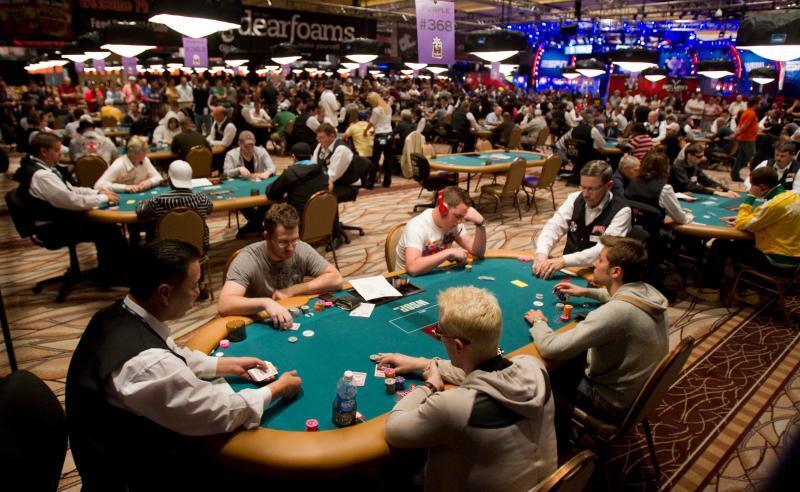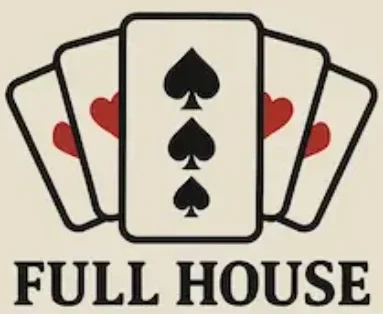House Rules For Poker
House rules in poker are the specific guidelines set by a casino or home game. They cover betting limits, dealing, hand rankings, and player conduct. Understanding these rules before playing ensures fairness and helps avoid disputes during the game, making the experience smoother for everyone involved.
What Are House Rules in Poker?
House rules for poker refer to the custom guidelines and tweaks applied to standard poker rules when playing in home games, private clubs, or friendly tournaments.
These rules often override or adjust the official casino rules to better suit casual play, local preferences, or specific groups of players.
Examples include:
Betting limits
Wild cards
Table talk rules
Deal rotation
House rules aren’t “official,” but they are essential for a smooth game everyone enjoys.

Common House Rules for Poker Games
In poker games, house rules often vary depending on the venue or group playing, but some rules are commonly followed to ensure smooth gameplay and fairness. Understanding these rules helps players know what to expect and keeps the game enjoyable for everyone.
One of the most important house rules is dealer rotation. The dealer position moves clockwise around the table after each hand, giving every player a fair chance to act last, which is a strategic advantage in poker.
Another key rule involves buy-in amounts. Many games set a fixed buy-in, which is the amount each player must pay to join the game. This keeps the stakes balanced and prevents situations where one player has a huge chip advantage over others, promoting fair competition.
Unlike casino poker rooms, many home games operate with rake-free pots. Casinos usually take a small percentage of each pot as a fee (the rake), but home games typically allow the entire pot to be awarded to the winner, which makes playing at home more rewarding.
Betting limits are also an essential part of house rules. Games may be played as no-limit, where players can bet any amount at any time; pot-limit, where bets can’t exceed the current pot size; or fixed-limit, where bet sizes are predetermined. Knowing the betting structure helps players manage their strategies and bankroll.
Lastly, table talk rules vary. Some games encourage bluffing, trash talk, and friendly conversation, while others restrict discussion to keep the focus on the cards. Clarifying this before play starts avoids misunderstandings.




Custom Hand Rankings and Wild Cards
Many home games introduce house rules that modify hand rankings or add fun twists:
Wild Cards: Jokers, deuces, or one-eyed Jacks can be wild.
New Hand Values: Some players may create custom winning hands.
Lowball Variants: Full houses might lose to low hands in certain games.
Always agree on hand rankings and wild card behavior before the game begins to avoid disputes.
